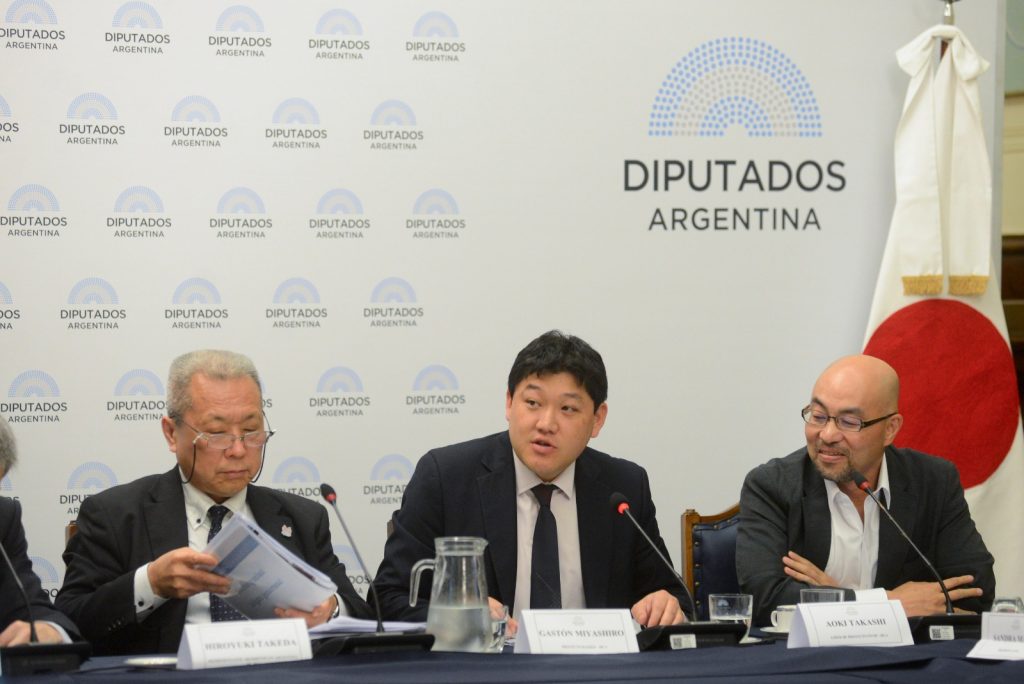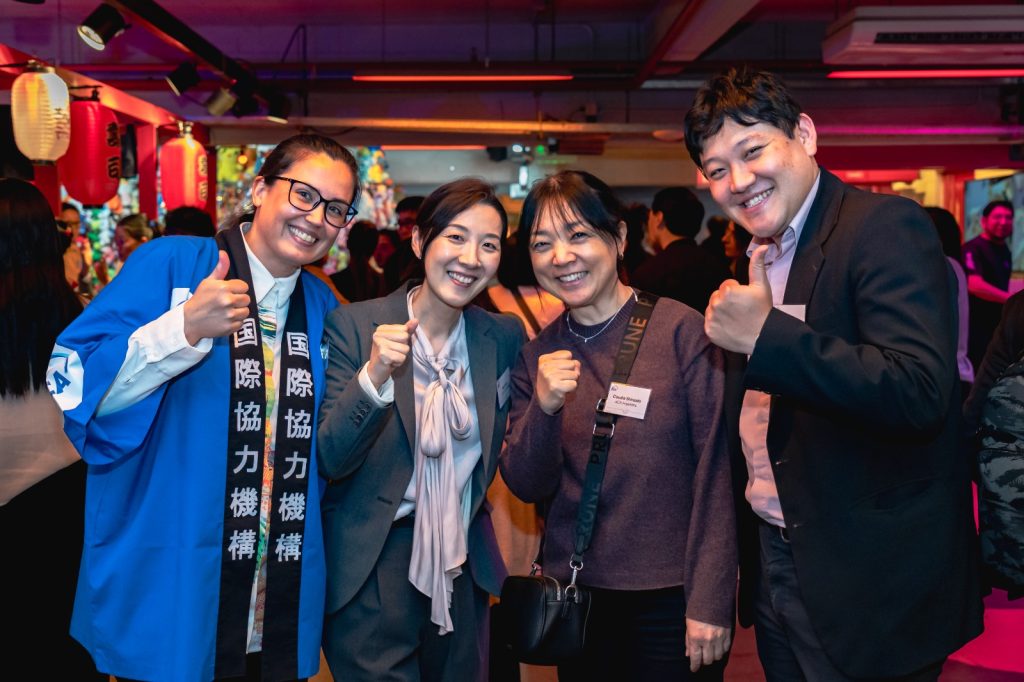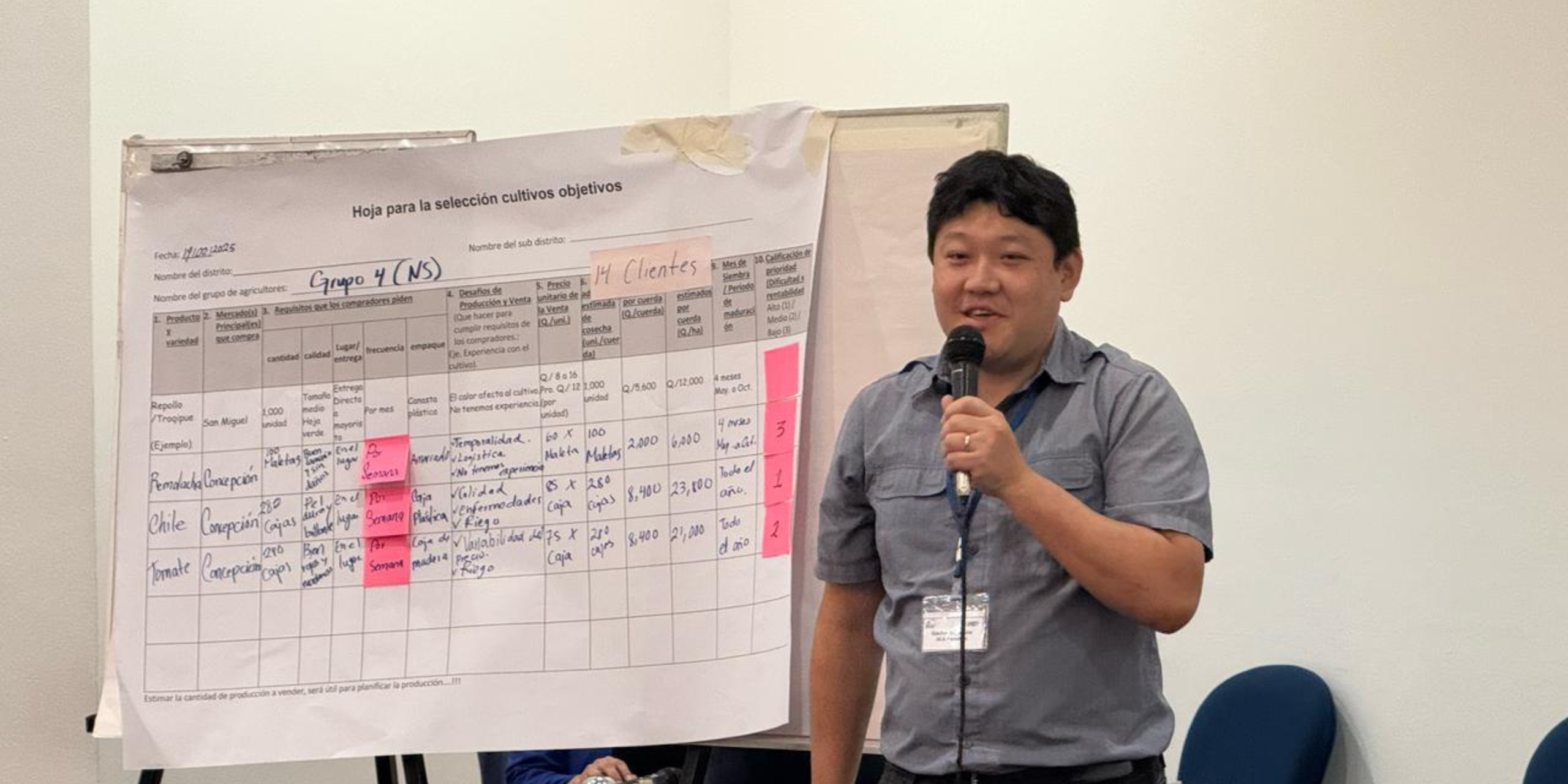The first time Gastón Miyashiro (Class of 2007, Argentina) stepped foot on EARTH’s campus wasn’t his first day as a student—it was for a week-long training on microorganisms. At the time, Gastón was studying Business Administration at the University of Buenos Aires and had been working with Effective Microorganisms, a Japanese technology that creates synergistic effects by combining beneficial microbiomes that exist in nature. During the training, Gastón learned about EARTH’s curriculum—and was particularly interested in the entrepreneurial projects that were incorporated into the Academic Program. He was also struck by the close-knit campus community and student life he was experiencing firsthand. Gastón began to see studying at EARTH as an opportunity to combine his background in business and microorganism studies in a hands-on way. Attending EARTH allowed him to do just that, and he continues to incorporate the knowledge he gained at the University into entrepreneurial projects in the agriculture sector and beyond.

After graduating, Gastón worked for 10 years for the Ministry of Agriculture in Argentina. In this role, he worked on projects related to rural development in Argentinian provinces, funded by a variety of international financial institutions, including the World Bank. Gastón worked first on the project formulation side. He later moved into project management, where he interacted with communities that had ongoing projects and saw how the results of the investments were impacting their lives. The results of these projects included building arid canals, creating rural electrification infrastructure, and production development training for farmers. Gastón was most involved in the production development projects, where he worked directly with producers through trainings and capacity development. From his role on the ground, he saw how the implementation of these projects were changing the lives of the individuals in the communities. The capacity and infrastructural development that Gastón and his colleagues carried out through these projects transformed the way individuals produced by enabling them to pump water and conserve their products in refrigeration systems. Similar to the community-focused foundation of his EARTH education, seeing the results of his work in the daily lives of rural community members fueled his motivation to continue working in international cooperation.
Today, Gastón works for the Japan International Cooperation Agency (JICA) in Argentina, an organization that promotes forging bonds of trust across the world to tackle complex development issues. In his role at JICA, Gastón continues to work in project management, incorporating a variety of Japanese technologies and methodologies to improve productivity and predict natural events in rural communities, such as flooding. Gastón works with the Argentinian government and other stakeholders to determine how they can generate greater impact with less investment. While he does not currently work in agriculture, Gastón continues to implement the knowledge he gained at EARTH related to rural development, access to markets, and producer-centered relationships.

Gastón has always been inspired by creating impact and empowering others. As such, he appreciates being able to see the results he has generated by working with an international organization based in the objectives of Japanese cooperation. As he continues to work in this sector, he hopes to deepen his interactions with other international forums and employ new methodologies of triangular and circular cooperation. Gastón sees the grand impact that his EARTH classmates are having in the world today and feels inspired and proud to be part of the alumni community. “It was a fascinating experience,” Gastón reflected on his time at EARTH. On the academic side, Gastón expressed that EARTH’s principle of learning by doing continues to guide his work today and allows him to generate positive impact in his community.
